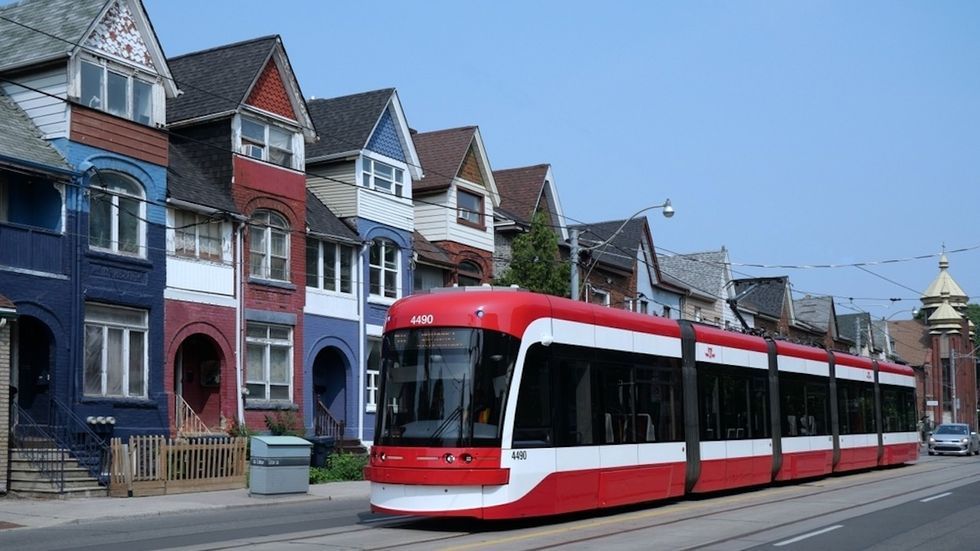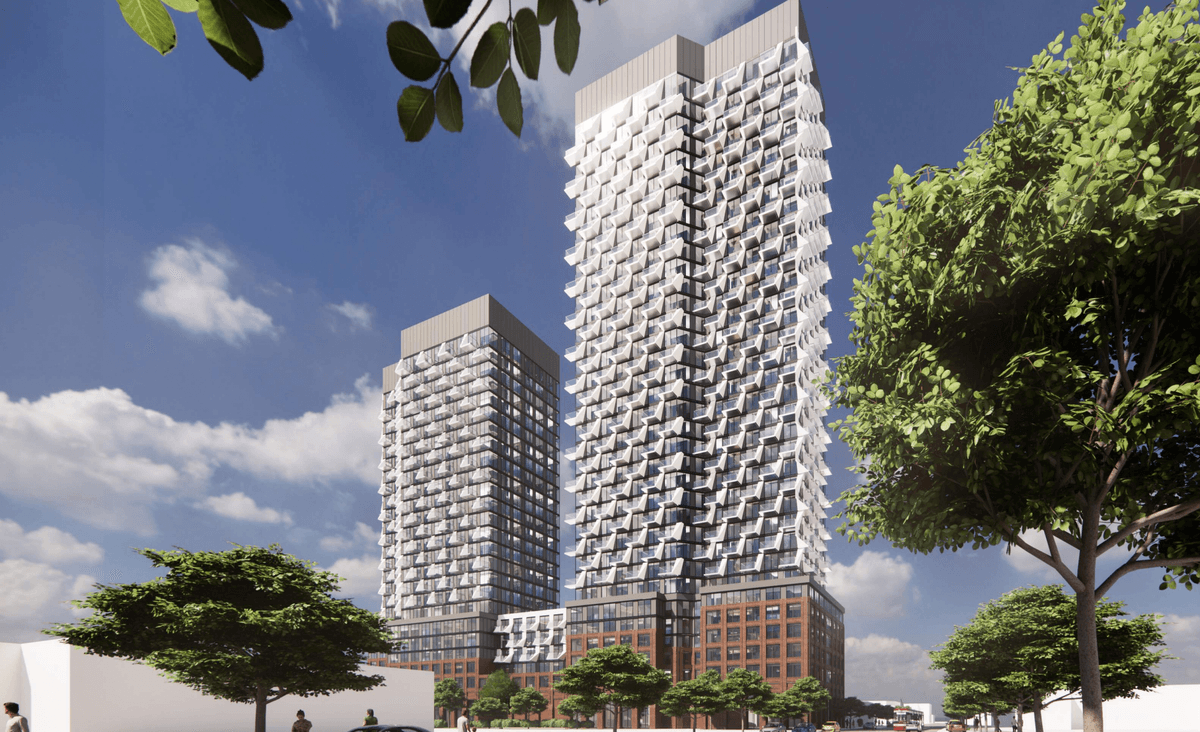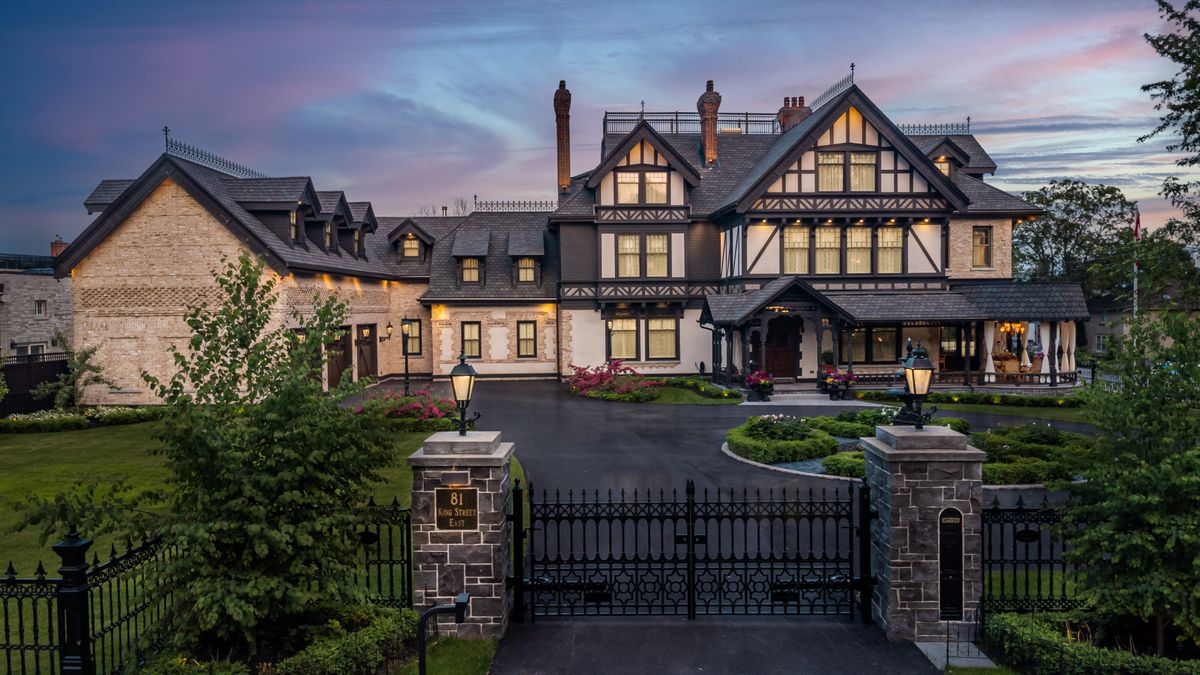Ontario has been toying with the idea of taking a page from British Columbia’s (BC) book and implementing a “cooling-off period” for homebuyers for quite some time. Back in March 2023, the provincial government announced it was undertaking consultations on the implementation of a cooling-off period for buyers of new freehold homes.
Now, if all goes according to plan, a 10-day cooling-off period for purchases of new homes could be in store for the province’s homebuyers in the not-too-distant future. This means that buyers have ten days to fully understand their commitments, secure financing, and arrange inspections, and – should they choose – cancel agreements without facing penalties. The Condominium Act currently provides a 10-day cancellation period for buyers of new condos, but no such legislation exists for new freehold homes.
The move was announced this morning in a press release in which the Ford government stated it wanted to strengthen protections for the province’s homeowners and homebuyers of new freehold homes with the Homeowner Protection Act, 2024.
In addition to the cooling off period, the act, if passed, would also ban the registration of Notices of Security Interest (NOSIs) for consumer goods on the Land Registry and deem NOSIs for consumer goods currently registered on title to be expired.
“This is a landmark piece of legislation – the first of its kind in Canada – to protect consumers from fraud and bad actors,” said Todd McCarthy, Minister of Public and Business Service Delivery. “By banning the registration of consumer Notices of Security Interest on land titles, we're putting an end to the exploitation that has targeted our elderly and most vulnerable residents. Moreover, we’re giving Ontarians the crucial information and time they need to confidently make one of the biggest financial decisions of their lives through our enhanced protections for new homebuyers.”
For those in the dark, NOSIs are registrations that may be made on the land registry system by a business when it rents, finances, or leases goods such as a water heater, air conditioner, or furnace installed on a property. They represent a form of debt that must be paid back by homeowners when they sell or refinance their property.

In theory, NOSIs are intended to help protect their interests in these items but investigations have found that the tool has been used by bad actors to extort exorbitant payments from consumers, particularly seniors and other vulnerable homeowners. As the Province outlines in the press release, these scams can involve leveraging the NOSI, or multiple NOSIs, to secure high-interest mortgages on the property. The consequences can be dire for homeowners, sometimes ultimately ending in them losing their property.
This move doesn’t leave vendors in a lurch. According to the Province, the proposed changes don’t eliminate a business’ security interest in the fixture or invalidate their contract with the consumer. So, if the customer defaults on their payment, the vendor may still repossess the fixture and seek repayment through other avenues, like the courts.
The province also announced that it intends to further strengthen consumer protections for condo communities and new freehold home purchasers by ensuring disclosure of builder cancellations of purchase agreements for new freehold homes (something that’s become all too common) to protect buyers from unreliable builders; consulting on proposals to crack down on illegal home building and selling; and expanding the Condominium Authority Tribunal’s jurisdiction to cover a broader range of disputes. Furthermore, the Province says it will consult with stakeholders to strengthen protections for condo owners and purchasers to improve how condos are run.

“The province intends to consult in the coming months on changes to support the implementation of the cooling-off period for purchases of new freehold homes, improve access to information and transparency for buyers of new freehold homes, and better support condo communities,” reads the release.
When it comes to the cooling-off period, it’s worth noting that it’s notably longer than BC’s three-day period on all home sales. Just three-months into its January 3, 2023 implementation, realtors in the notoriously pricey Vancouver expressed that the legislation was posing more problems than solutions, with an extremely low uptick and a high volume of paperwork.





















